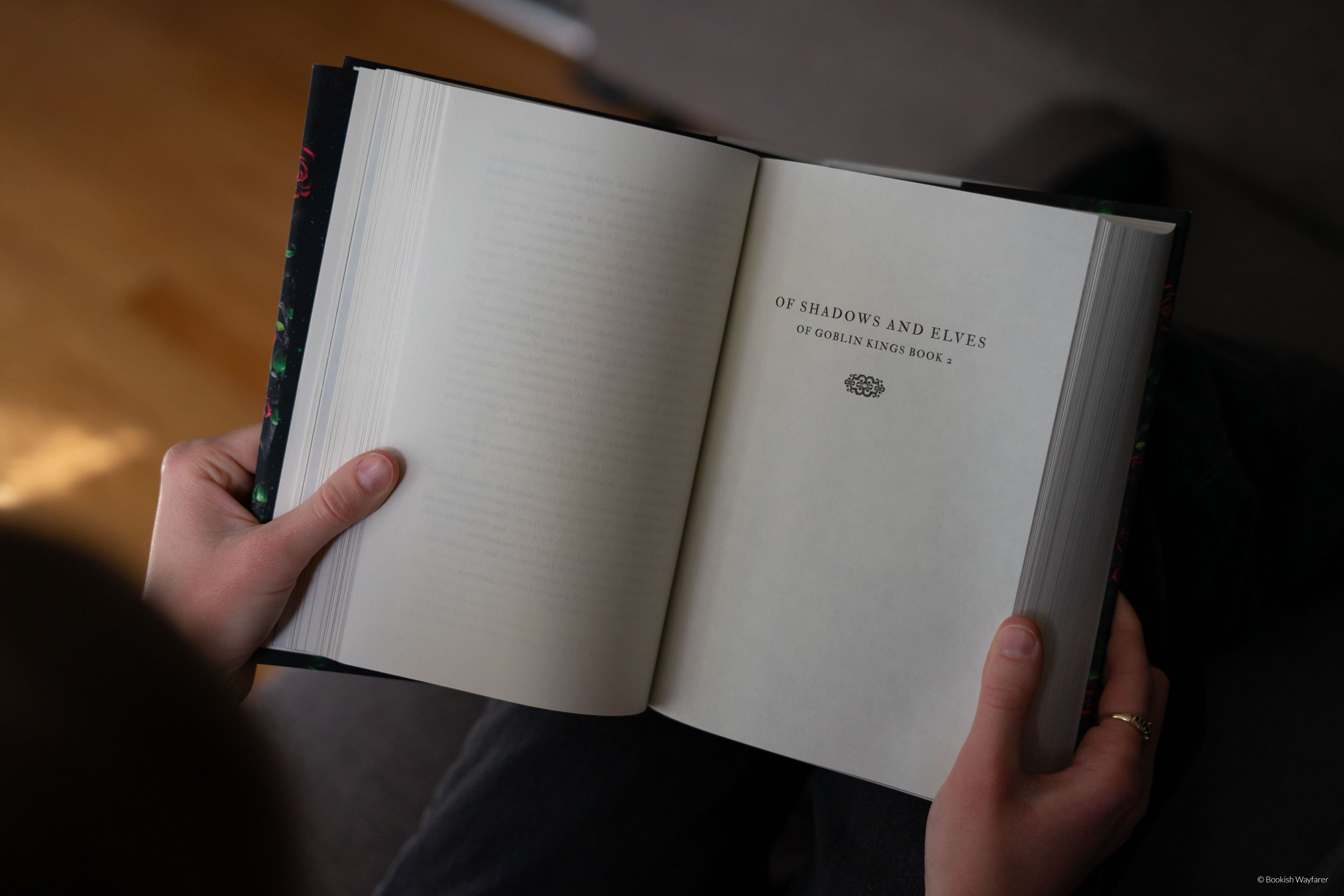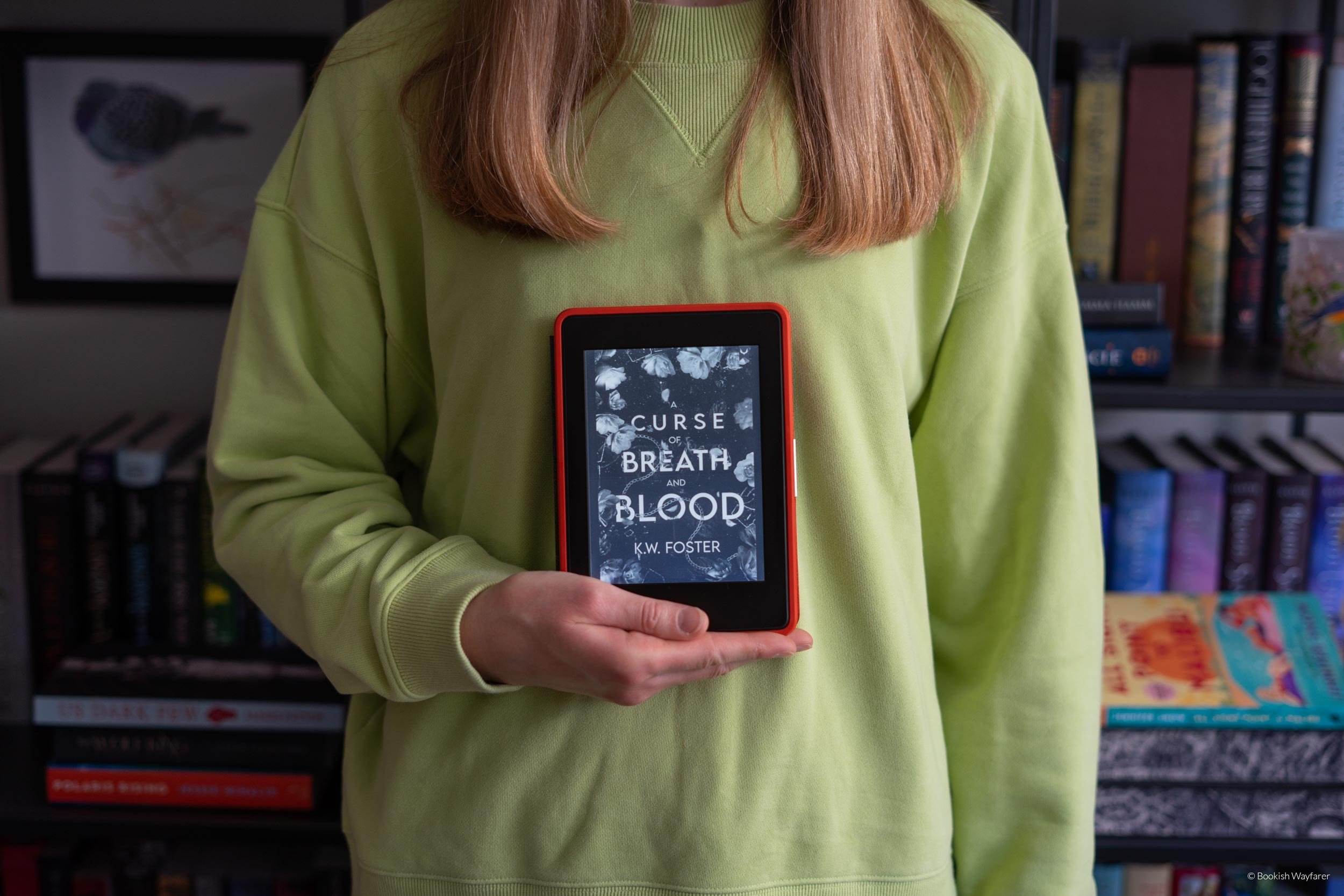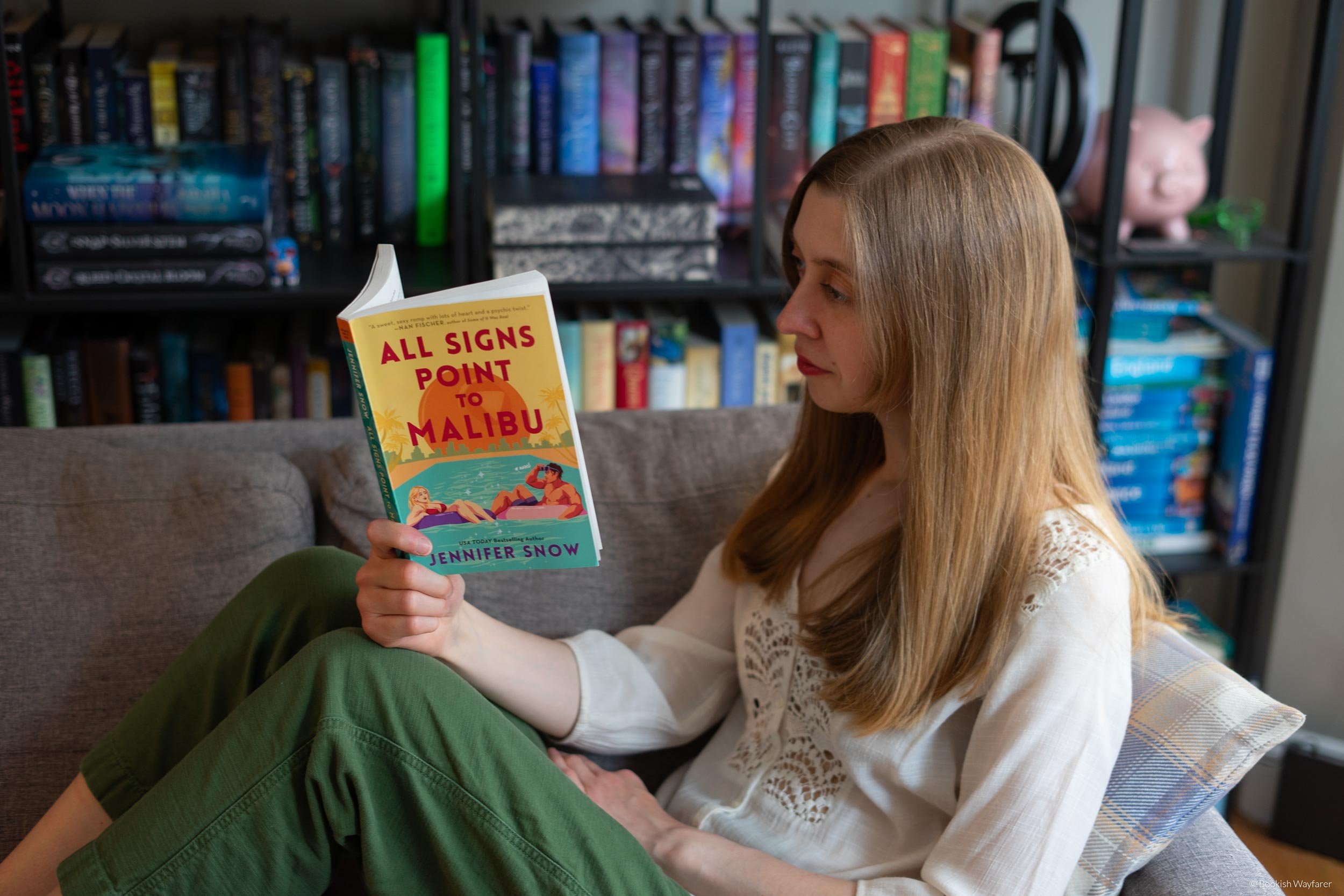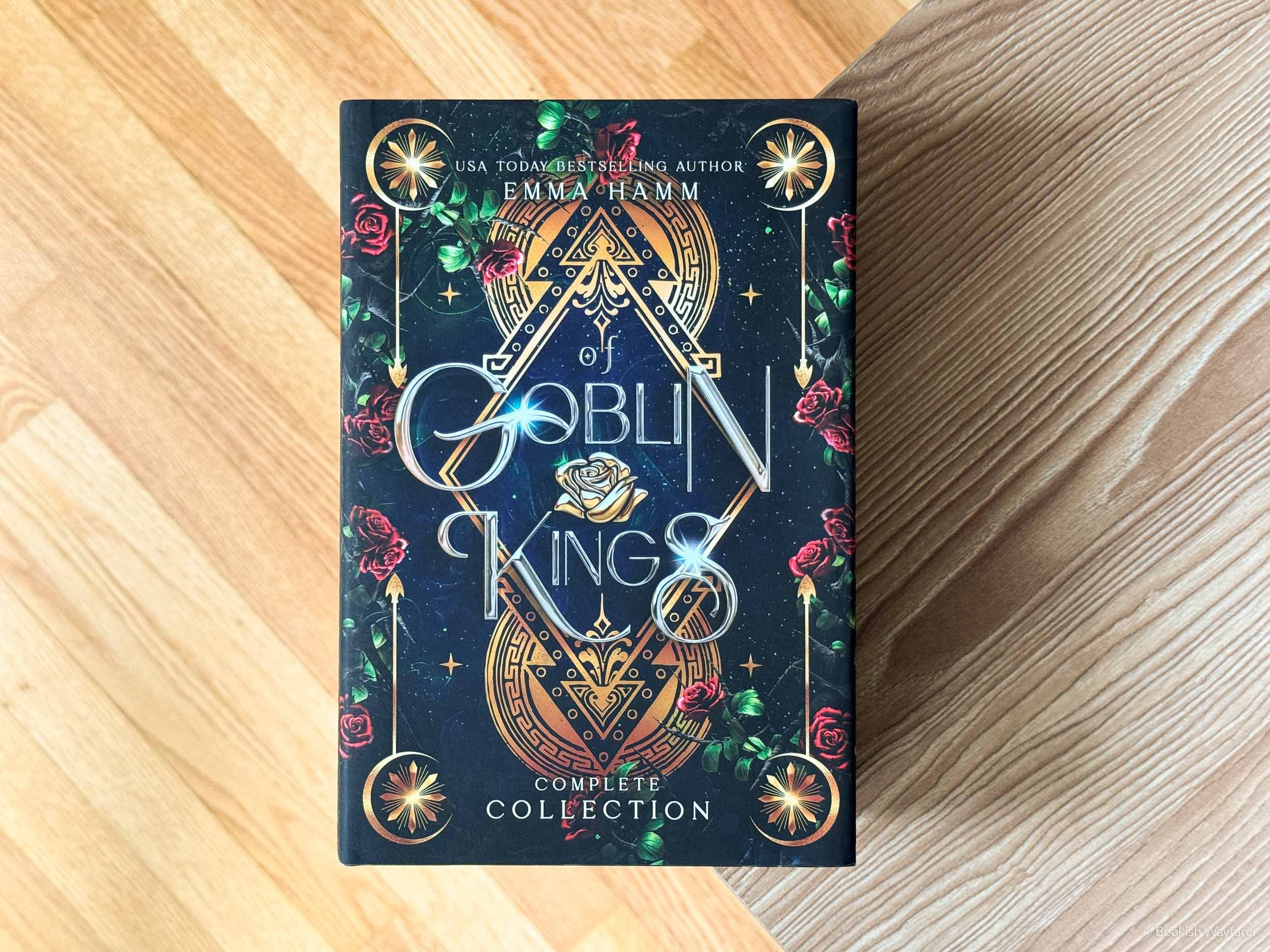Review: Americanah by Chimamanda Ngozi Adichie
“The only reason you say that race was not an issue is because you wish it was not. We all wish it was not. But it’s a lie. I came from a country where race was not an issue; I did not think of myself as black and I only became black when I came to America.”
Some links in this post are affiliate links, meaning I will earn a commission (at no extra cost to you) if you click through and make a purchase. For more info, please see my disclaimer.
The Basics
Title: Americanah
Author: Chimamanda Ngozi Adichie
Published: 2014 (first published 2013)
Publisher: Anchor Books — Random House
Pages: 588
Format: Paperback
Genres: Fiction — Literary fiction, Contemporary fiction
Book Synopsis
Americanah follows Ifemelu from her adolescence in Nigeria to her adulthood in America and later, Nigeria. While in America, Ifemelu is exposed to the racist underpinnings of American society and is forced to cope with the inequalities that accompany being Black, as well as an immigrant, in America. Similarly, Obinze, Ifemelu’s high school boyfriend and ongoing love interest, encounters anti-immigrant prejudice as he struggles to secure the right to live and work in the United Kingdom. After over a decade in America, Ifemelu returns to Nigeria and must once again reevaluate who she is – though she left her life in America behind, remnants of it still cling to her.
My Review & Overall Thoughts
TLDR: Americanah is a masterfully written novel about race and identity that you should add to the top of your to-read list.
There is a lot to unpack from Americanah. The novel touches upon an array of important and relevant topics, including race, immigrant experiences in the U.S. and U.K., and personal identity.
Adichie’s observations about race in America are spot on. There is a passage on page 155 that stands out to me in particular. It describes a scene in which Ifemelu and her friend, Ginika, are asked by the cashier at a clothing store which store attendant helped them. The cashier first asks if it was the attendant with long hair, to which Ginika replies that they both had long hair. The cashier then asks if it was the one with dark hair, and after Ginika just smiles, the cashier says that she’ll just figure out who it was later. After the exchange, Ifemelu, who has only recently come to the U.S., asks Ginika “Why didn’t she just ask ‘Was it the black girl or the white girl?’” Ginika’s response is right on the nose: “Because this is America. You’re supposed to pretend that you don’t notice certain things.” In that response, one of the primary issues with American society is succinctly summarized: as a nation, we prefer to ignore topics that make us uncomfortable, especially when those topics pertain to race. As Adichie, however, illustrates throughout the course of the book, this discomfort of Americans, namely White Americans, to discuss race-related issues is one of the major roadblocks to racial equality.
Through both Ifemelu and Obinze’s stories, Americanah also shines a light on the numerous difficulties faced by immigrants in Western countries. Ifemelu in the U.S. and Obinze in the U.K. are both treated with suspicion and experience great difficulty surviving in their respective countries. Neither can legally work on the visas that they use to enter the countries, and both either witness or experience the difficulty associated with securing permanent residency. Further, Ifemelu’s Aunt Uju and cousin, Dike, illustrate the experience of Black immigrants living in a predominantly White community. In spite of being a trained doctor, Uju must jump through hoops to become a licensed doctor in the U.S., and even then, she is treated with disdain by some of her White patients. As the sole Black student in an otherwise White school, Dike struggles to feel accepted by his peers and is discriminated against by his teachers. Dike and Uju are not only viewed but also blatantly treated as outsiders.
Moving from content to mechanics, Adichie’s writing is masterful. She brings the characters to life and is able to evoke a range of emotions, from despair to humor to joy. She describes just enough to set a scene without ever becoming bogged down in flowery descriptions. She also uses a rich, varied vocabulary, which keeps the writing fresh.
The book’s nonlinear structure further adds to its readability. The book begins at the present day, and then, jumps back to Ifemelu’s adolescence to coincide with present-day Ifemelu thinking about her past. The book periodically jumps back to present day before going back to another point in Ifemelu’s life. At first, I was unsure about this structure, but I ended up really enjoying it. It felt as though we were reading Ifemelu’s thoughts and following along as her mind drifted to the past before meandering back to the present.
Another aspect of the book’s structure that I enjoyed was its multiple points of views. Although the vast majority of the book is from Ifemelu’s perspective, a number of chapters are from Obinze’s point of view. I enjoyed this occasional shift in perspective, as it provided insight into Obinze’s experiences and how they were similar to, as well as different from, those of Ifemelu. This dual perspective also helped to build a sense of anticipation around when the two characters would finally meet again.
Lastly, I have to take a minute to note that I enjoyed the novel’s ending. While some have called it anticlimactic, I think it is fitting given the characters’ personalities.
The not so good
I would have liked there to have been more chapters from Obinze’s point of view. Also, although I enjoyed the nonlinear timeline, it might not be everyone’s cup of tea due to its potential for confusion.
Overall
Americanah is an insightful, beautifully written novel. It addresses a range of important topics in a thoughtful manner. I barely scratched the surface of what is contained in this book in my review. I recommend that everyone reading this review go and pick up (or borrow) a copy of Americanah – you won’t regret it.
Have you read Americanah? What did you think? As always, share your thoughts with me in the comments below!
-Julia
P.S. If you enjoyed this post, please consider supporting me on Buy Me a Coffee.





